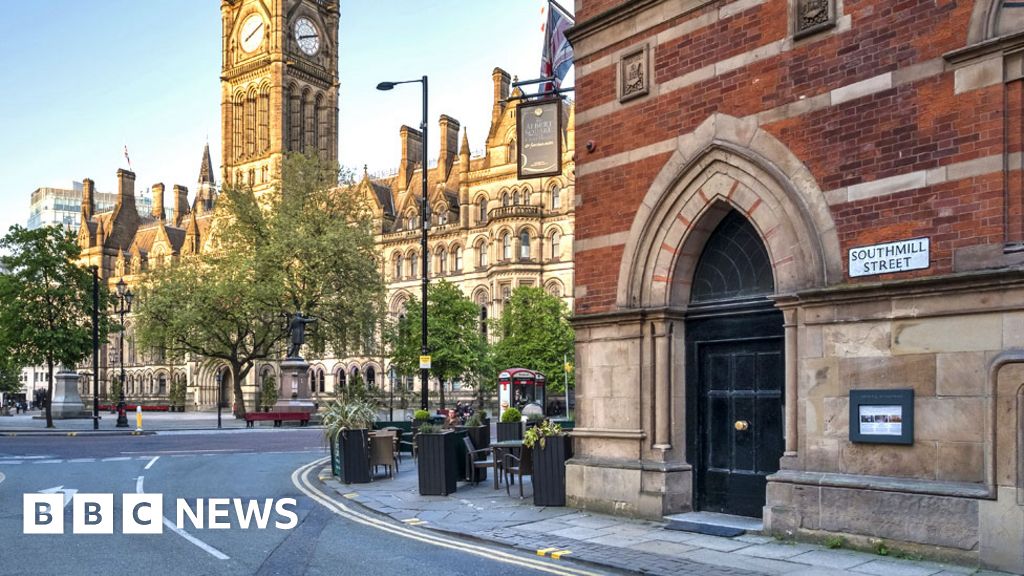daodao
Established Member
The BBC is reporting today that:

The article goes onto state that:
Should councils that still subsidise selected bus services follow the example of Cumbria County Council and Stoke-on-Trent City Council in withdrawing such subsidies entirely?
There is certainly profligacy in Greater Manchester, where TfGM provides a tangle of subsidised routes (generally hourly, often including evenings/weekends), some serving roads where there are alternative commercial services running not far away. TfGM could also save future expenditure by scrapping the stupid franchising proposals.
A local example is the 280 series of all day routes radiating from Altrincham town centre; the evening and Sunday services could all be cut (apart from the key route 288 from Altrincham to the Airport via Hale Barns) with little adverse effect, given how empty these buses appear to be and the short distances they run. Cheshire East Council does not support equivalent services in Crewe and Macclesfield on evenings and Sundays.
Covid leaves UK councils with £3bn financial black hole.

Covid leaves UK councils with £3bn financial black hole
Ministers say failing councils have "badly let down their residents".
www.bbc.co.uk
The article goes onto state that:
Savings will see the threshold for which disabled or elderly individuals can receive care raised, bus services scrapped and children's centres closed in parts of the UK. Fees and charges for parking, planning and crematoria are set to rises in places.
Should councils that still subsidise selected bus services follow the example of Cumbria County Council and Stoke-on-Trent City Council in withdrawing such subsidies entirely?
There is certainly profligacy in Greater Manchester, where TfGM provides a tangle of subsidised routes (generally hourly, often including evenings/weekends), some serving roads where there are alternative commercial services running not far away. TfGM could also save future expenditure by scrapping the stupid franchising proposals.
A local example is the 280 series of all day routes radiating from Altrincham town centre; the evening and Sunday services could all be cut (apart from the key route 288 from Altrincham to the Airport via Hale Barns) with little adverse effect, given how empty these buses appear to be and the short distances they run. Cheshire East Council does not support equivalent services in Crewe and Macclesfield on evenings and Sundays.
Last edited:
